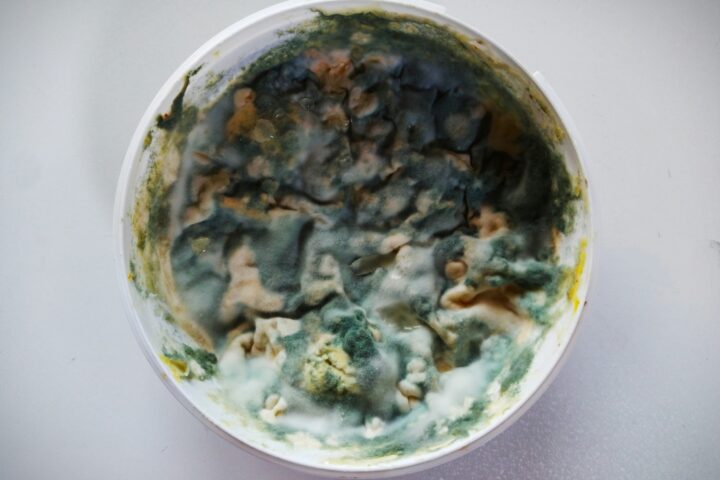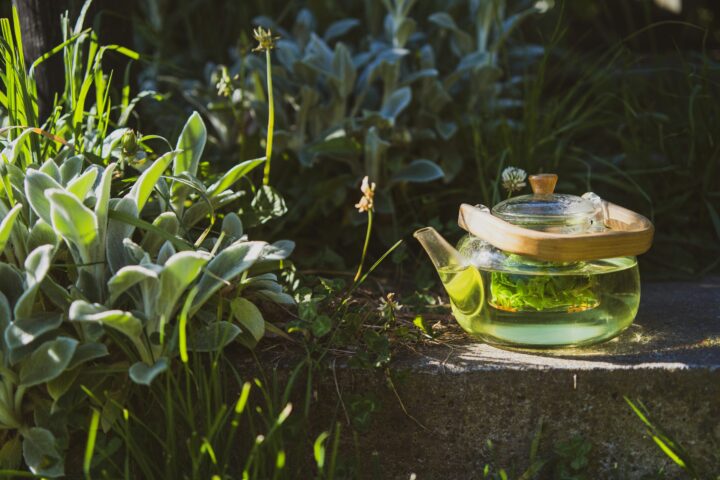«Genetic engineering and environmental protection go hand in hand»
Dr Teresa Koller works as a researcher at the Institute of Plant and Microbiology at the University of Zurich. For her, environmental protection and green genetic engineering are not opposites. People can fall ill. What many don’t realize is that plants can fall ill, too. And just like humans, they need protection from pathogens. The fight against plant diseases and pests is a daily struggle for millions of farmers around the world.
Thursday, November 12, 2020
For many years now, scientists at the University of Zurich Department of Plant and Microbial Biology have been investigating the immune system of cereal plants. Our goal with this research is to better understand the diverse interactions of plants and pathogens so that we can, ultimately, help better equip plants to ward off pests and disease. It’s a continuous race between the plants’ immune systems and the pathogens, which are constantly adapting to the immune system’s defenses. We plant biologists are helping farmers keep their crops healthy, now and in the future.
Fungal diseases are a powerful example as they can cause catastrophic crop loss. Farmers have a variety of options to fight these diseases. Crop protection products are essentially medicines for plants whose immune systems aren’t strong enough to ward off a pest or pathogen on their own. Of course, it is even better to prevent infection in the first place. At the Department of Plant and Microbial Biology, we are looking into ways to arm plant immune systems against specific pests and pathogens. With genetic engineering, particularly CRISPR/Cas9 technology – molecular scissors if you will – we can help plants win the fight against pests and disease in a way that is sustainable.
Right now, we are able to harvest resistance genes against fungal diseases like mildew and rust from certain wheat varieties and insert them in the genetic material of other wheat varieties or even other plants altogether, such as barley or maize. As a result, the plants are immune to the fungal diseases. In our test field in Reckenholz, we’re growing transgenic wheat, maize, and barley and evaluating their disease resistance in the field. It’s fascinating to see how the plants remain lush and green – in contrast to the plants that don’t have the protection. This work entails no risk to the environment. What we’re doing is identical to what would happen in nature except that we don’t have to wait for decades and rely on coincidence.
I myself was a member of Greenpeace when I was younger. Protecting the environment is something that I care a great deal about. I find the militant rejection of genetic engineering unfortunate. Genetic technology is often equated with some sort of «super vegetable» that’s been created artificially. But that has nothing to do with reality. Genetic engineering is not a silver bullet, but it’s also not the work of the devil. It is one of many approaches that can contribute to improving plant health. For me, environmentalism and genetic engineering are not mutually exclusive. On the contrary, genetic technology makes it possible to grow more crops with less space and less water while reducing the use of crop protection products. Society has to rethink its stance with respect to new advances in genetic engineering – for the sake of the environment and our climate. For that to happen, we need to inform people and engage in open dialogue. That is one task to which I would like to dedicate more of my time and energy, alongside my research, in the future.
Dr. Teresa Koller works in the Department of Plant and Microbial Biology at the University of Zurich. Photo: Madeleine Schoder/Landbote.
Related articles

Pesticides in Green Smoothies
After countless recipes for Christmas cookies, festive roasts and cocktails, the advice on losing weight, detoxing and beautifying oneself now takes centre stage. Most of it is sheer nonsense.

Natural Toxins: An Underestimated Risk in Our Food
Safe food cannot be taken for granted. While chemical substances are often the focus of public criticism, reality shows that the greatest risks to food safety are of natural origin. Recent recalls of infant food products illustrate how insidious bacterial toxins or moulds can be.

Herbal Teas: Making You Sick Instead of Slim
Plant protection products are frequently the focus of public criticism. Far less attention is paid to the fact that natural ingredients in teas and dietary supplements are also biologically active and can pose health risks.

Why Strict GMO Regulation Stifles Innovation
New breeding techniques such as CRISPR-Cas are considered key to developing resilient crops, stable yields and reducing the need for plant protection products. ETH professor Bruno Studer warns that overregulating these technologies strengthens precisely those large agricultural corporations that critics seek to curb, while excluding smaller breeders and start-ups from the market.

